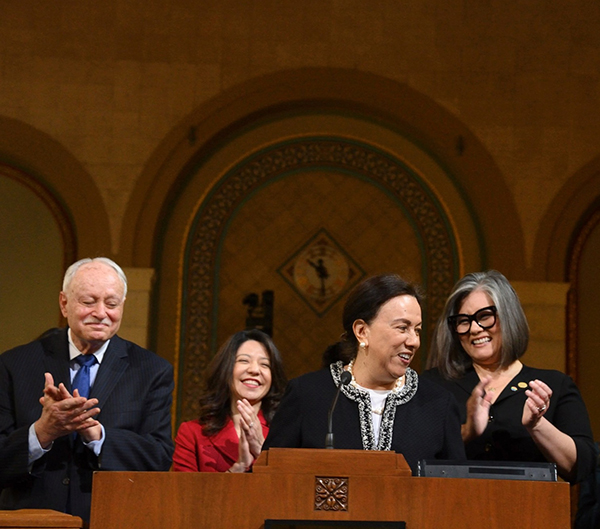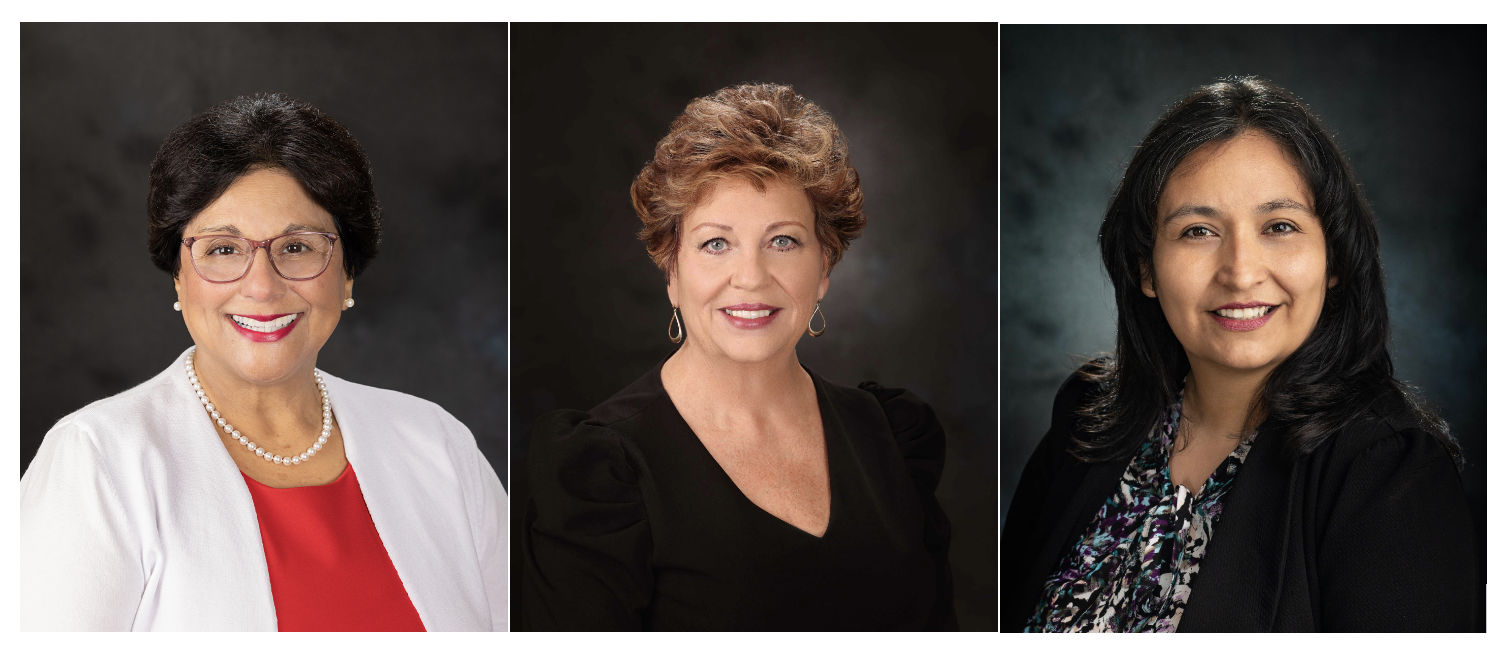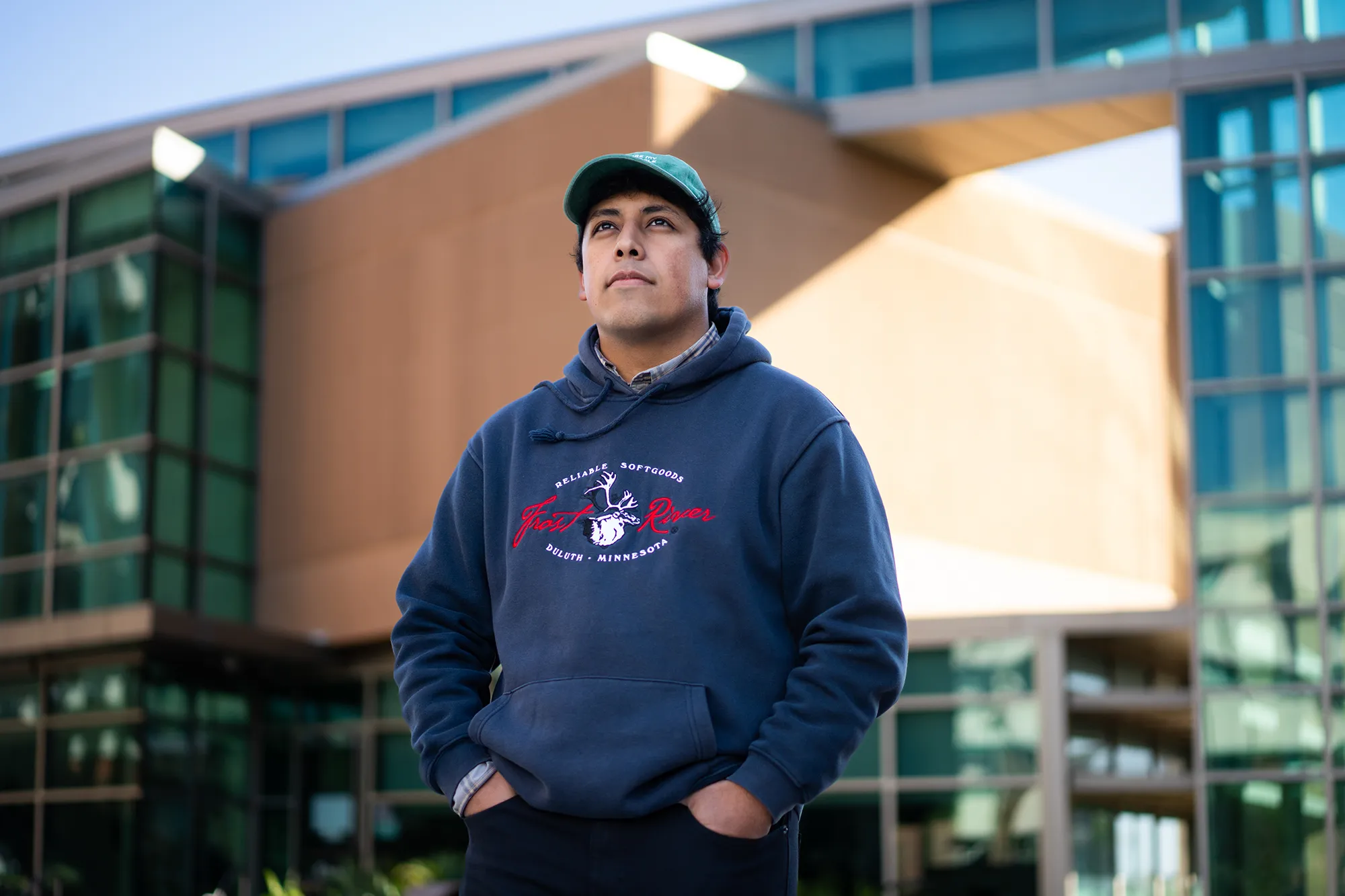Wave Wire Services
LOS ANGELES — Antonia Hernandez, president and CEO of California Community Foundation, announced she would be retiring from her position during a special recognition of her work by the Los Angeles City Council June 2.
“Let’s celebrate all the wonderful things about L.A. while acknowledging the challenges,” Hernandez said. “I am not retiring. I’m reclaiming my time to do whatever I want to do with whomever I want to do it.”
Councilwoman Monica Rodriguez led the presentation and highlighted Hernandez’s life and career. The councilwoman described Hernandez as a “remarkable leader that has broken down barriers for decades.”
Alongside her colleagues, Rodriguez thanked Hernandez for her many years of contributions to the city and whose work has been “revolutionary in ensuring justice for communities of color.”
Hernandez, an attorney, activist and philanthropist, is the current president and CEO of the California Community Foundation, a nonprofit that provides funding for organizations throughout Southern California.
She graduated from Garfield High School in East Los Angeles, attended East Los Angeles College and eventually earned her bachelors in history from UCLA. Hernandez later earned her law degree from UCLA School of Law.
“Antonia showed interest in civic engagement from a very young age, commencing her political activism during the civil rights and Chicano movement of the 1960s,” Rodriguez said.
“In her noteworthy legal career, she started as a staff attorney at the Los Angeles Center for Law and Justice, where she prosecuted landmark cases such as the class action lawsuit Madrigal v. Quilligan in 1978.”
Hernandez fought against the alleged uncontested sterilization of Latina immigrant women in California. Though the case was not won, Rodriguez said Hernandez’s work “paved the way for medical reform in the state by requiring informed consent for non-English speaking women.”
Later, Hernandez joined the Mexican American Legal Defense and Education Fund as the regional council in Washington D.C. She would eventually become the president and general counsel of the group.
“It was in her time as the president and general counsel of MALDEF that they led and fought some of the most pivotal cases,” Rodriguez said.
The councilwoman noted that MALDEF fought against California’s Proposition 187 in 1994, which sought to restrict undocumented immigrants’ access to public education and health care services.
In 1990, MALDEF also took on the case Garza v. County of Los Angeles in which the group successfully fought gerrymandering involving the intentional dilution of Latino voting strength, Rodriguez said. The judge’s ruling in that case led to the “forced creation of a Latino seat for the county Board of Supervisors, which was represented by the first Latina Gloria Molina.”
“I’m just incredibly proud to recognize you today, and thank you for your incredible service that isn’t just marked by you at MALDEF, but has continued and will continue,” Rodriguez said.












